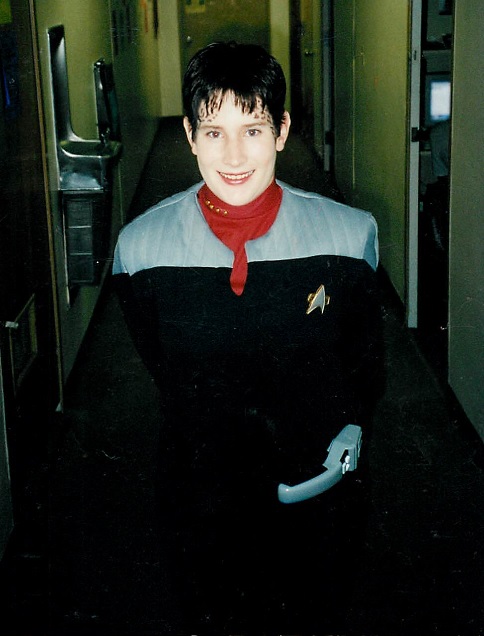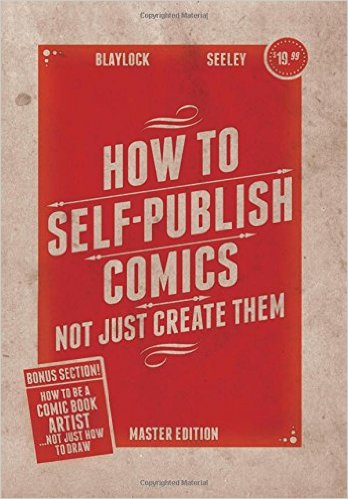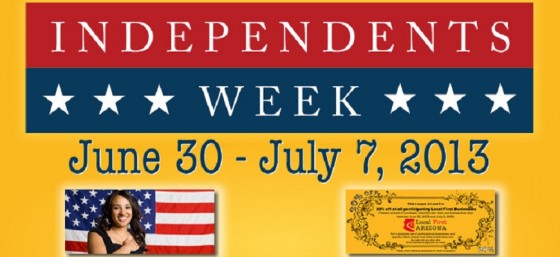Plenty of entrepreneurs start out as a person or two, a business idea, and a shoestring budget. They know their craft but have limited or not experience starting or running a business. They don’t know what they don’t know – and that’s what gets them into trouble.
Many entrepreneurs employ the “we’ll learn as we go” approach to operating a business. Often times these are smart people, but if they get too focused on doing their business that they don’t take care of business within their operation, it can lead to costly mistakes: thousands of dollars in legal expenses and painful heartache to try to fix a problem that was completely avoidable.
Real-Life Facepalm Moments
I’ve had countless times where a business owner comes to me for help and I cringe and think, “We could have helped you avoid this if you had come to us sooner.” This is just a sample of my facepalm moments as a lawyer:
- Owners who don’t create a business entity: put their personal assets at risk if the business gets sued;
- LLC with multiple owners and no operating agreement: painful business “divorce” when things didn’t work out between owners;
- Filing a trademark application with the USPTO that wasn’t trademarkable: the application might have had a chance if the description of the products and services was written more effectively;
- Not filing a trademark and your competition files a trademark application that’s confusingly similar to or the same as yours: costly to make a claim against them and it may not be successful, which could force you to rebrand even though you were using it first;
- Flawed customer contracts: doesn’t fully protect the company’s interests or address all likely contingencies;
- Hiring a third-party contractor without a contract: if the person is hired to create an original work for the company, the company won’t own the copyright in what they hired the person to create and may have to pay to acquire it;
- Working without a contract: so many problems. Whenever I get a call about a business deal gone bad, my first question is usually, “What does your contract say?” (Ideally, you want to be in a situation where, if the other side doesn’t perform as you agreed you can essentially respond with, “F*ck you, pay me.”)
If You’re Going to “Wing It”
If you are starting a business, my unsolicited advice is “Do your homework.” Invest the time to learn what goes into running your business and figure out what you don’t know. Reach out to established entrepreneurs to ask for their advice and avail yourself to resources in your community. In Arizona, we have dozens of these organizations like Arizona Small Business Association, Local First Arizona, and SCORE.
Even if you don’t think you can afford it, look into hiring a business and intellectual property lawyer for an hour. Bring them your ideas of what you want to do, and ask for their recommendations on how to make it happen. A good lawyer will respect your budget and tell you what you can do yourself and what you should hire a lawyer do for you. They can also recommendations resources to help you based on their experiences helping others.
If I’ve learned one thing as a lawyer it is that it’s easier and cheaper to prevent problems than to fix them.
True Story
Years ago, I worked with a new company where the owners hired me to create their operating agreement. I asked a lot of questions about things like intellectual property rights, compensation, and worst-case scenarios (e.g. disability of an owner) to create custom provisions for this document.
A few years later, the owners realized it wasn’t working out between then and decided to part ways. Their operating agreement dictated how they would address this situation, and they hired us again to revise the agreement to account for the exit of one of the owners. The process was professional, respectful, and cost-effective. I’m sure there were hurt feelings on both sides, but having this operating agreement helped the owners mange them and made for a smooth transition.
If you want more information about the legal dos and don’ts of starting and running a business, you can send me an email (Note: I can’t give advice to non-clients), and I maintain a mailing list where I share my thoughts about being a lawyer/entrepreneur, updates about projects I’m working on, upcoming speaking engagements, and I may provide information about products, services, and discounts. You can also connect with me on Twitter, Facebook, YouTube, or LinkedIn.















